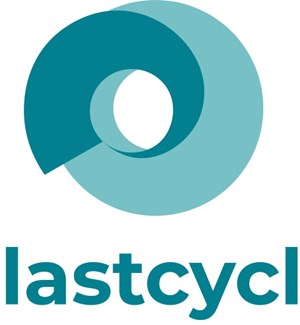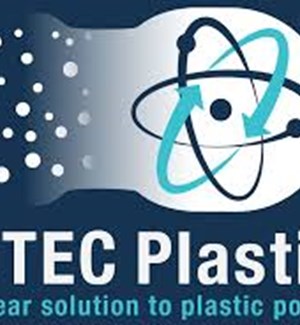Plastics represent both a fantastic resource, but also a large challenge for society. On one hand, modern society cannot live without plastic products. On the other hand, its production from non-renewable resources is not sustainable and a large amount of plastic ends up polluting the environment every year. The only way to achieve sustainability for plastics is to develop technology for efficient and environmentally friendly recycling. In the current project we aim to develop new biotechnology that will allow enzymatic degradation of plastics that currently cannot be recycled biochemically, like polyethylene, polypropylene and polyacrylate. This will be achieved by learning from nature, as there are both bacteria and insects that can digest these plastics. We will also transform enzymes that degrade materials that look like plastic (e.g. cellulose) to enzymes that degrade our plastic of choice. This will be done using technology called enzyme engineering. In addition to finding and developing new plastic degrading enzyme we will make new types of plastics that maintain their usability, but that are easy to degrade by the enzymes we develop. The combination of these strategies will accelerate the introduction of enzymatic recycling of plastic in society. To obtain a better fundament for understanding the roles and opportunities of enzymatic plastic recycling in society we will also perform sustainability assessments and barrier analyses. The sustainability assessment will determine whether the existing technologies and methods developed in the project can be implemented in an economically, socially and environmentally feasible way. The barrier analysis will help us identify the most important challenges in society that can hinder efficient implementation of the new technology and solutions of how to overcome these challenges.
Want to analyze based on this project via our analysis tool? Analyze this project
Knowledge Gaps
Degradation
Exposure assessment-general
Environmental risk assessment (ERA)
Risk assessment (RA)
Translocation and metabolism test methods





